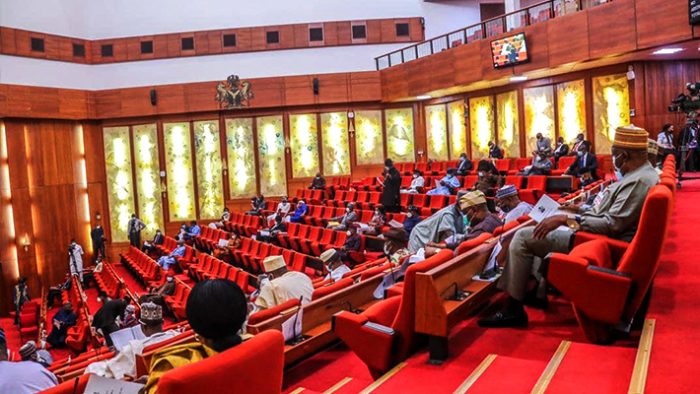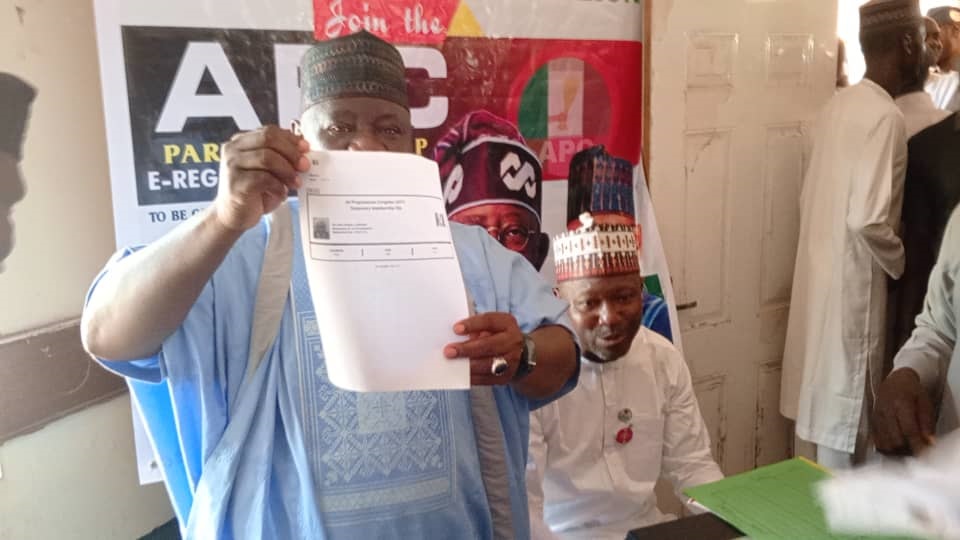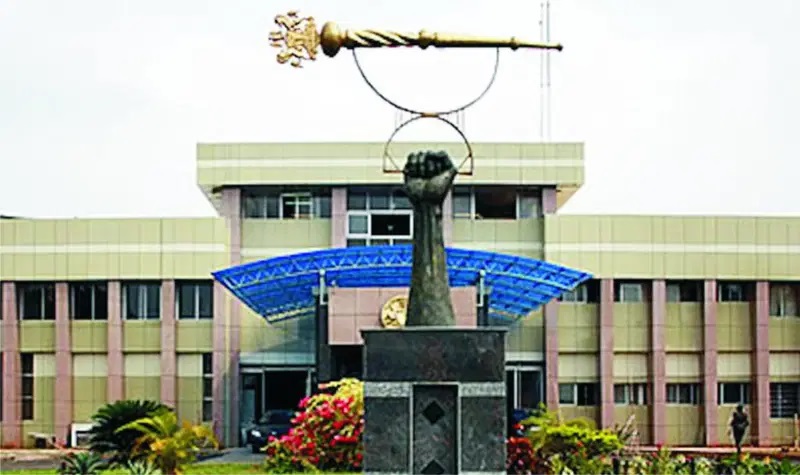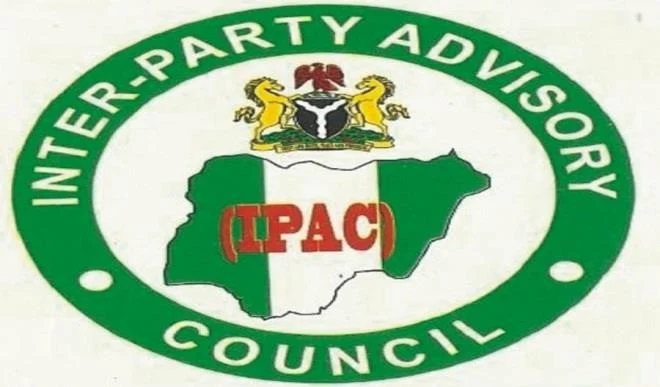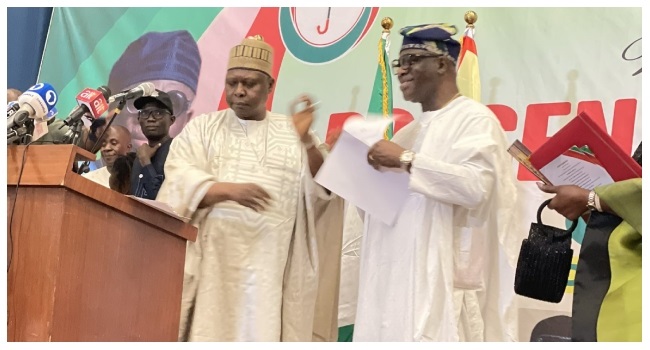Senior Advocate of Nigeria, JB Daudu, has urged the National Assembly not to alter the existing burden of proof in election petition cases as it considers amendments to the Electoral Act.
Daudu made the appeal in an interview with the News Agency of Nigeria (NAN) during a send-forth event for the 42nd set of externs at his Abuja office.
The National Assembly had proposed that the Independent National Electoral Commission (INEC) should bear the responsibility of proving that an election was validly conducted — a sharp departure from the current legal framework which places the burden on the petitioner.
Daudu warned that such a shift would undermine Nigeria’s electoral justice system and compromise the impartiality of INEC.
“The burden of proof in election cases must remain with the petitioner. Transferring it to INEC will distort the neutrality of the Commission and burden it with responsibilities beyond its capacity,” he said.
According to him, INEC’s role as an impartial umpire would be jeopardised if it is compelled to defend declared election results on behalf of victorious candidates.
“Once INEC is made to bear the burden of proof, it will appear to align with election winners to justify their victory. This contradicts its duty to remain neutral,” he added.
Daudu further noted that placing the onus on INEC could weaken confidence in the electoral process and encourage elected politicians to abandon active participation in defending their mandates at election tribunals.
He explained that the current legal assumption is that declared election results are valid until proven otherwise. Therefore, petitioners must present credible evidence to challenge the results.
The legal expert warned that reversing this standard would create legal chaos and place unsustainable pressure on INEC, especially if required to provide electoral materials at no cost or defend every disputed result.
He also pointed out that both the Electoral Act 2022 and the proposed 2025 Bill are structured around a polling unit-based collation system, which should not be disrupted.
Daudu maintained that existing mechanisms — including transparent voting, result collation, electronic and manual transmission, and easy access to certified true copies — are sufficient for petitioners to build their case.
He argued that the major challenge lies not with INEC or the judiciary but with politicians who manipulate the system through vote-buying, violence, electoral malpractice, and lack of commitment to democratic ethics.
“Until politicians embrace free and fair elections with sincerity and courage, Nigeria will remain trapped in cycles of electoral manipulation and blame-shifting,” he concluded.

